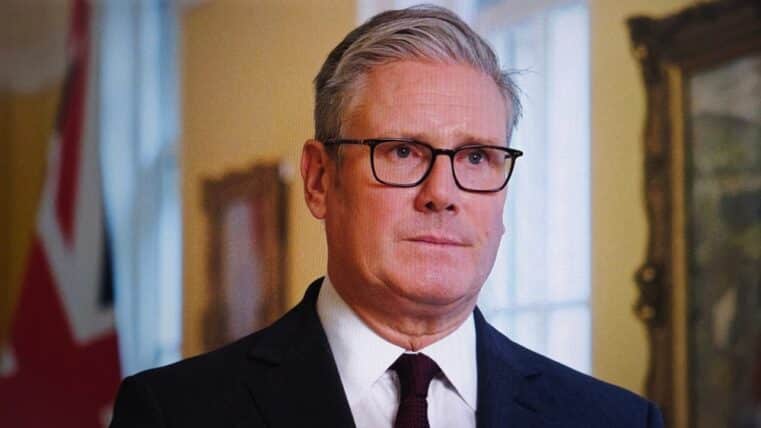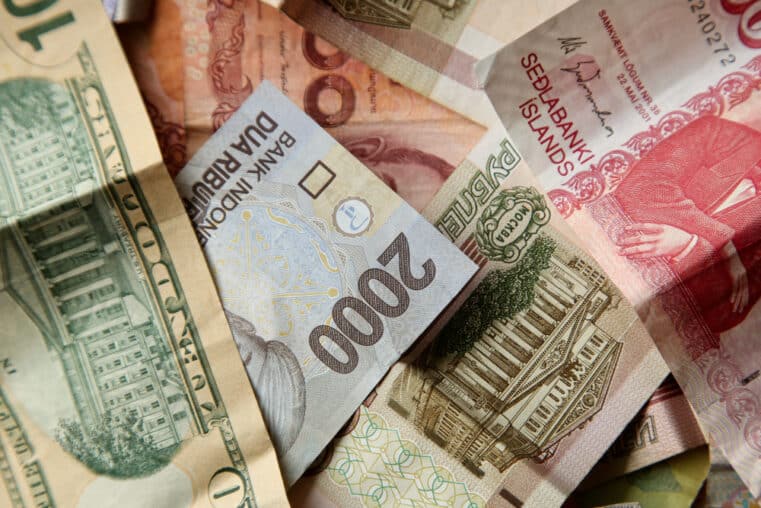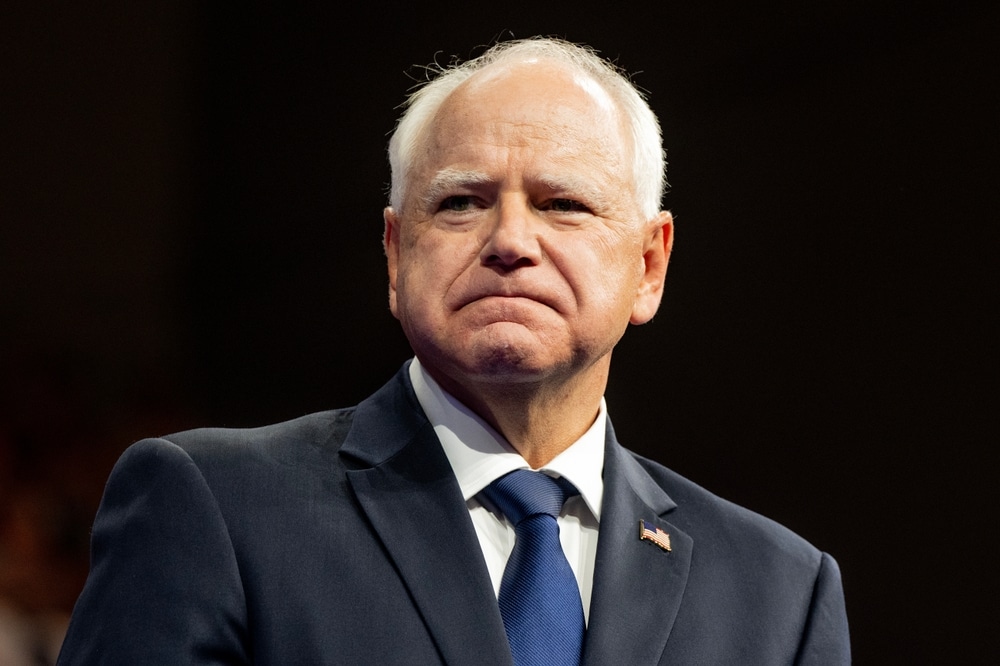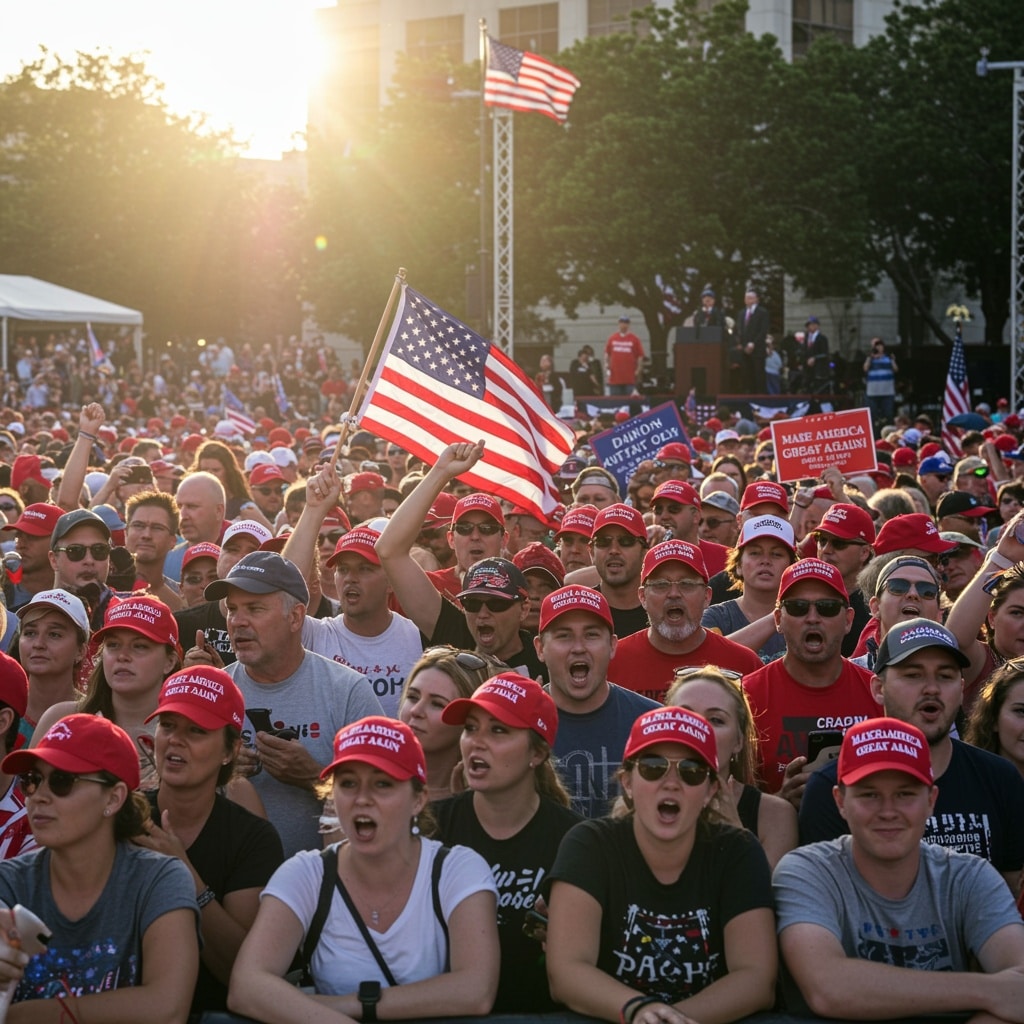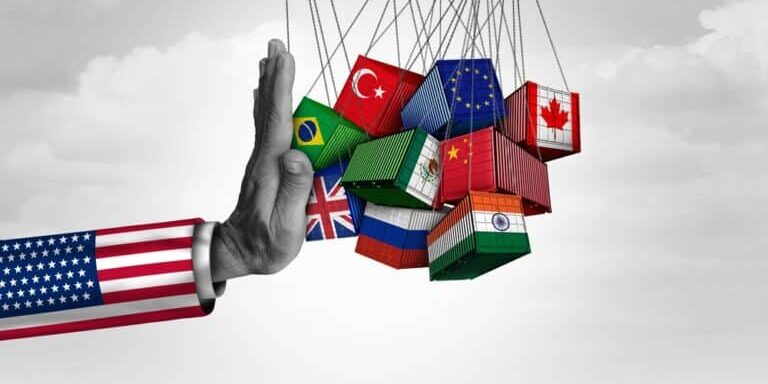
Global Shockwaves: Trump’s New Tariff Blitz Triggers Backlash from World Leaders
A Global Economic Bombshell
President Trump’s surprise announcement on Wednesday to impose a baseline 10% tariff on all imports—with significantly **steeper rates for select countries—**has sent an unmistakable shockwave across the global economic stage. While many in Washington cheer this move as a reassertion of American manufacturing strength, the reaction abroad has been swift, and in many cases, scathing.
The numbers are striking:
Imports from Vietnam will now carry a 46% tariff. Goods from Taiwan face a 32% hit. And traditional trade allies like the EU, Japan, and South Korea will all see tariffs exceeding 20%. This is no minor policy tweak. It’s a deliberate economic offensive—and one that has already ignited a global backlash.
Europe Fires Back
European Commission President Ursula von der Leyen confirmed the EU is prepping a second round of countermeasures. “We are already finalizing a first package... and we are now preparing for further actions,” she warned. In other words, this could turn into a full-blown trade war.
Ireland’s Micheál Martin called the tariffs on the EU “deeply regrettable,” reinforcing the growing chorus that believes this move could backfire globally, and most critically, domestically. Spain’s Pedro Sánchez promised Europe would “respond decisively.” Sweden’s Ulf Kristersson expressed concern but hoped for a reversal, while Italy’s Giorgia Meloni—often aligned with Trump—urged diplomacy to avoid “weakening the West.”
Asia Pushes Back
China’s response, predictably, was both swift and aggressive. Their Commerce Ministry issued a statement denouncing the move as "protectionism" and promised “resolute” retaliation. “There is no winner in a trade war,” their spokesperson claimed. But make no mistake—Beijing is preparing for battle.
Japan’s Prime Minister Shigeru Ishiba took a more measured tone but still questioned the wisdom of Washington’s blanket approach. “We are making the largest investment in the U.S.,” he said, “so does it make sense to apply uniform tariffs to all countries?” Japan, too, is reviewing its options.
The Americas Respond
From Canada, Prime Minister Mark Carney didn’t mince words: “We are going to protect our workers.” He announced a 25% retaliatory tariff on U.S. vehicle imports, targeting any cars that don’t comply with the existing free trade deal.
Mexico’s President Claudia Sheinbaum sidestepped direct retaliation, but signaled a pivot: “We will announce a comprehensive program... and strengthen our economy under any circumstance.” In other words, Mexico is done playing by U.S. terms.
From Colombia, where diversification away from U.S. markets is already a policy goal, Foreign Minister Laura Sarabia framed the tariffs as a "reorganization" of global trade—one that accelerates the shift away from American economic hegemony.
Anglosphere Allies Split
U.K. Prime Minister Keir Starmer, fresh from a recent White House visit, struck a more cautious tone. He dismissed the idea of escalating into a tit-for-tat trade war and instead called for “calm and pragmatic” responses.
Australia’s Prime Minister Anthony Albanese went on the offensive, calling the tariffs “unwarranted” and “not the act of a friend.” And Swiss President Karin Keller-Sutter reminded the world that “respect for international law and free trade” remain Switzerland’s guiding economic principles.
Cracks in the Western Alliance
Even allies who traditionally echo Washington’s tone are sounding alarms. Poland’s Donald Tusk cut straight to the heart of the matter: “Friendship means partnership. Partnership means really and truly reciprocal tariffs.” That’s not just diplomacy—that’s a warning.
This isn’t just about economics anymore. It's about trust, long-term alignment, and whether America’s partners see themselves as equals or pawns in a zero-sum game.
The Bottom Line
This isn’t just political theater. These tariffs mark a dramatic turning point in U.S. trade policy, and the blowback could shape the next global financial contraction. If history teaches us anything, it’s that trade wars often precede real wars—economic or otherwise.
If you're watching all this unfold and wondering how to shield your assets from the fallout of these increasingly aggressive policies, start by downloading Bill Brocius’ free ebook, 7 Steps to Protect Your Account from Bank Failure. It’s a step-by-step guide to insulating your wealth from the very real disruptions that come with trade wars, currency instability, and collapsing trust in institutions.
🔒 Download the free ebook now → 7 Steps to Protect Your Account from Bank Failure
📘 Or take it further—get Bill’s essential guide, End of Banking As You Know It.
💡 Want direct insights every week? Subscribe to Bill’s Inner Circle Newsletter for just $19.95/month. It’s your edge when the next shock hits.




